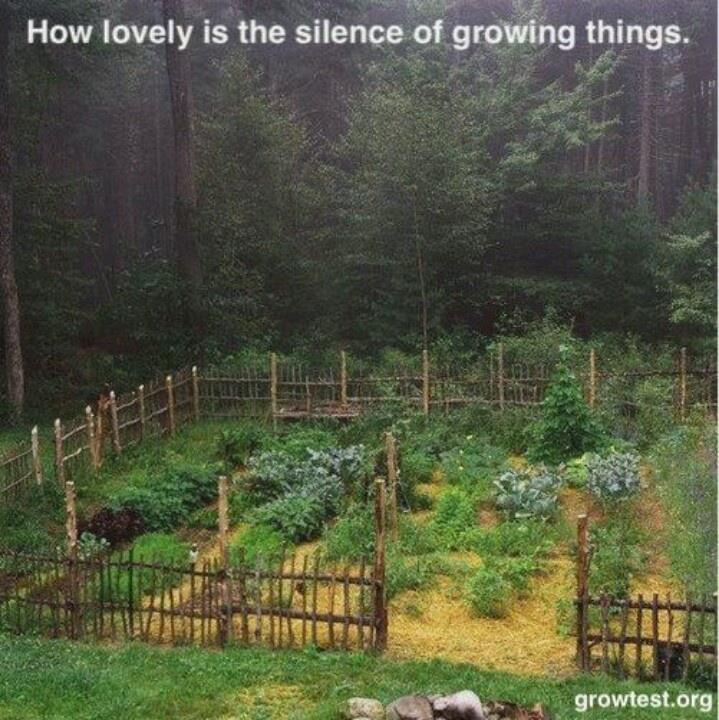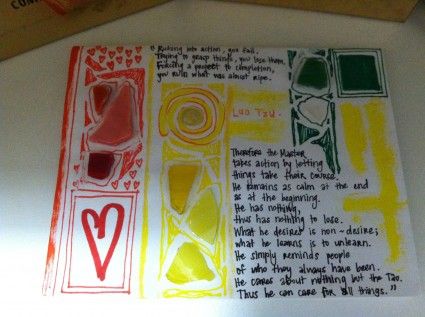Tag Archives: Happiness
The Livability Index: The 35 Best U.S. Cities For People 35 and Under
If you’re 24, buried in college loans and looking for a job in a city that’s affordable but not completely depressing, you’re probably wondering where to start.
We started with the 50 most populous cities in the country, according to the 2010 census, and pared down results from there using Open Internet sources. Our Livability Index takes into account essential indicators for those between 18 and 35, like average salary, employment rates, and the cost of rent and utilities measured against everyday factors like bike lanes for commuting, low-cost broadband and the availability of good, cheap takeout. We also considered all-important lifestyle metrics like the price of a pint of beer and an ounce of high-quality weed, and the level of access to live music and coffee shops.
The Top 35 Cities:
1. Portland
2. Austin
3. San Francisco
4. Seattle
5. Minneapolis
Click to read more about the top US cities for young people.
There is some awesome data on this site such as youngest population, lowest average rent, lowest cost of groceries, best green commuter index, lowest employment rate, among many others. Enjoy.
Image of Portland via TripAdvisor
Why Are Hundreds of Harvard Students Studying Ancient Chinese Philosophy?
J Shap passed along an awesome article on the power of Eastern Philosophy. I believe that some of the Eastern practices have in a way “changed my life.” I can certainly fathom how students at Harvard would be benefiting from a course on the Eastern teachers.
His students tell me it is true: that Puett uses Chinese philosophy as a way to give undergraduates concrete, counter-intuitive, and even revolutionary ideas, which teach them how to live a better life. Elizabeth Malkin, a student in the course last year, says, “The class absolutely changed my perspective of myself, my peers, and of the way I view the world.” Puett puts a fresh spin on the questions that Chinese scholars grappled with centuries ago. He requires his students to closely read original texts (in translation) such as Confucius’sAnalects, the Mencius, and the Daodejing and then actively put the teachings into practice in their daily lives. His lectures use Chinese thought in the context of contemporary American life to help 18- and 19-year-olds who are struggling to find their place in the world figure out how to be good human beings; how to create a good society; how to have a flourishing life.
Picture a world where human relationships are challenging, narcissism and self-centeredness are on the rise, and there is disagreement on the best way for people to live harmoniously together.
It sounds like 21st-century America. But the society that Michael Puett, a tall, 48-year-old bespectacled professor of Chinese history at Harvard University, is describing to more than 700 rapt undergraduates is China, 2,500 years ago.
Puett’s course Classical Chinese Ethical and Political Theory has become the third most popular course at the university. The only classes with higher enrollment are Intro to Economics and Intro to Computer Science. The second time Puett offered it, in 2007, so many students crowded into the assigned room that they were sitting on the stairs and stage and spilling out into the hallway. Harvard moved the class to Sanders Theater, the biggest venue on campus.
Why are so many undergraduates spending a semester poring over abstruse Chinese philosophy by scholars who lived thousands of years ago? For one thing, the class fulfills one of Harvard’s more challenging core requirements, Ethical Reasoning. It’s clear, though, that students are also lured in by Puett’s bold promise: “This course will change your life.”
His students tell me it is true: that Puett uses Chinese philosophy as a way to give undergraduates concrete, counter-intuitive, and even revolutionary ideas, which teach them how to live a better life. Elizabeth Malkin, a student in the course last year, says, “The class absolutely changed my perspective of myself, my peers, and of the way I view the world.” Puett puts a fresh spin on the questions that Chinese scholars grappled with centuries ago. He requires his students to closely read original texts (in translation) such as Confucius’sAnalects, the Mencius, and the Daodejing and then actively put the teachings into practice in their daily lives. His lectures use Chinese thought in the context of contemporary American life to help 18- and 19-year-olds who are struggling to find their place in the world figure out how to be good human beings; how to create a good society; how to have a flourishing life.
Read on — here.
Image of Confucius via Asia Society
Can money buy happiness? Wine edition
Felix Salmon, one of the most respected economists in the world wrote a very interesting, funny piece on how wine is one of the few things that can buy happiness (in his opinion).
But here’s the trick: if you can’t buy happiness by spending more money on higher quality, then you can buy happiness by spending money taking advantage of all the reasons why people still engage in blind tastings, despite the fact that they are a very bad way to judge a wine’s quality. If you know what the wine you’re tasting is, if you know where it comes from, if you know who made it, if you’ve met the winemaker, and in general, if you know how expensive it is — then that knowledge deeply affects — nearly always to the upside — the way in which you taste and appreciate the wine in question.Fortunately, nearly all of the time that we taste wine in the real world, we do know what we’re drinking — and we do know (at least roughly) how expensive it is. In those situations, the evidence is clear: When we know how much we spent on what we’re drinking, then the correlation between price and enjoyment is incredibly strong.
The more you spend on a wine, the more you like it.
Read more — here.
6 Key Lessons from Lao Tzu Poem
Key Lessons from Lao Tzu Poem
Danielle made this card for me over the summer at a time when I was working probably “too hard” on a few projects.
The card features a beautiful poem by Lao Tzu:
Rushing into action, you fail.
Trying to grasp things, you lose them.
Forcing a project to completion,
you ruin what was almost ripe.Therefore the Master takes action
by letting things take their course.
He remains as calm at the end
as at the beginning.
He has nothing,
thus has nothing to lose.
What he desires is non-desire;
what he learns is to unlearn.
He simply reminds people
of who they have always been.
He cares about nothing but the Tao.
Thus he can care for all things.
I’ve referred to this poem often over the past few months when I felt myself grasping for control of projects. Any time you’re feeling stressed with work, with a relationship, or any other situation, read this poem. It brings calmness and helps us surrender.
Earlier this week, I discussed this poem with a few friends I love and respect. Each person provided insights as to how the poem speaks to them. We came up with several key takeaways from this poem:
6 Key Lessons from Lao Tzu Poem
- Trees don’t rush, they still grow. Water doesn’t rush, it still flows. We are like nature, rushing is not needed.
- Help other people see themselves as light and love.
- Relinquish control and surrender to God and/or the Universe. (Thank you for this one, my dear friend, PM)
- Clinging to current and/or future possessions (money, objects, ideas) leads to unneeded suffering.
- Be open minded and humble with what you think you know
- Once you realize there is a larger force at work, you can be at peace.
How does this poem speak to you?
Can Telecommuting Make Us Happier?
In early 2013, when a leaked internal memo from Yahoo explained that the company had lost effectiveness since allowing its employees to work remotely from home, some declared that the days of telecommuting were over for everyone. But Scott Boyar, Ph.D., associate professor at the UAB Collat School of Business, says such blanket judgements are difficult for businesses to make accurately. “The success of an employee working from home depends on the person, on the job and on the training the organization provides to do that role remotely,” Boyar said.
Boyar identifies three important questions a business and employee should ask before deciding to telecommute:
• Does it fit my personality and preference for integrating work into my family environment?
• Can I structure my time and stay motivated to work throughout the day?
• Will I fight the temptation to want to skip workdays altogether?
If these can be answered in the affirmative, Boyar said telecommuting can be an excellent option for an employee looking to better balance the time spent working and the time spent with family. And this can lead to a happier employee base, which is a great asset for a company to have.
30 Things to Stop Doing to Yourself
I saw this via my cousins Facebook page.
Sometimes its good to minimize our lives. This list from BSPCN has thirty different ways we can do that.
- Stop spending time with the wrong people. – Life is too short to spend time with people who suck the happiness out of you. If someone wants you in their life, they’ll make room for you. You shouldn’t have to fight for a spot. Never, ever insist yourself to someone who continuously overlooks your worth. And remember, it’s not the people that stand by your side when you’re at your best, but the ones who stand beside you when you’re at your worst that are your true friends
- Stop trying to buy happiness. – Many of the things we desire are expensive. But the truth is, the things that really satisfy us are totally free – love, laughter and working on our passions.
For more information, click — here.
Jonathan Carroll on Dogs
“Dogs are minor angels, and I don’t mean that facetiously. They love unconditionally, forgive immediately, are the truest of friends, willing to do anything that makes us happy, etcetera. If we attributed some of those qualities to a person we would say they are special. If they had all of them, we would call them angelic. But because it’s ‘only’ a dog, we dismiss them as sweet or funny but little more. However when you think about it, what are the things that we most like in another human being? Many times those qualities are seen in our dogs every single day — we’re just so used to them that we pay no attention,” – Jonathan Carroll.




